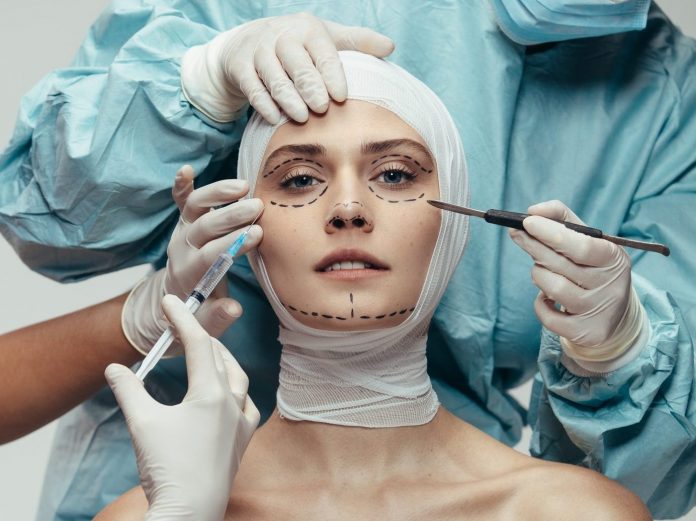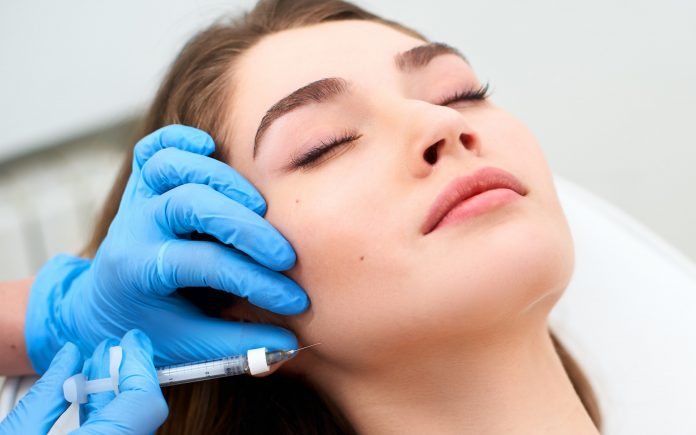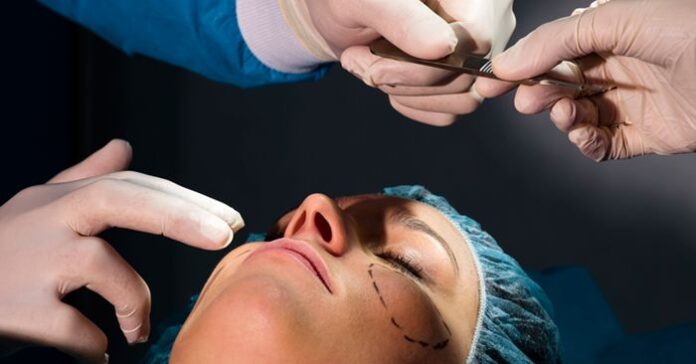More people than ever before are going under the knife and getting cosmetic procedures. But it remains a big decision that will stay with you for the rest of your life.
One of the biggest parts of this decision is choosing who will be your plastic surgeon. You need to find a great plastic surgeon to ensure you get the results you desire. If you don’t, you’ll experience many additional costs and a lot of disappointment.
Fortunately, there are many resources to help you find an experienced, qualified plastic surgeon — this article being one of them! We’ve put together our top tips on choosing a plastic surgeon to make sure you get the results you want from your cosmetic procedure.
Make Sure Your Plastic Surgeon Is Certified

Did you know there is no federal law requiring cosmetic surgeons to be trained in specific procedures?
Though a cosmetic surgeon may be registered with a state medical board, this doesn’t necessarily mean they have much experience with it! Many doctors transfer from traditional surgery to cosmetic surgery without gaining any additional qualifications or experience.
The best way to ensure your plastic surgeon is up to par is to make sure they’re certified with the American Board of Cosmetic Surgery (ABCS). This board is dedicated to ensuring cosmetic surgeons are properly educated and trained before certification.
Most surgeons who are board-certified with ABCS will say so on their website. But if you’re unsure, just ask.
Check Surgical Experience
Of course, you want your plastic surgeon to be experienced. But what you really want is for them to be experienced in your specific procedure.
The vast nature of different cosmetic procedures means surgeons need a huge variety of different skills to achieve good results. What we’re saying is, if a surgeon is very experienced in breast augmentation, that doesn’t mean they’ll be any good at rhinoplasty.
This is why great plastic surgeons tend to specialize in one specific field. Make sure you find a surgeon who has plenty of experience in the field you’re interested in.
Some helpful questions to ask your plastic surgeon to assess their experience include:
- How many of these procedures have you done?
- How many years have you been doing these procedures?
- Where did you train for this procedure?
Look at Their Portfolio

You wouldn’t hire an artist without seeing their work first. The same rule applies to plastic surgeons!
Look through the portfolios of plastic surgeons you’re considering. This includes on their website, but you should also look on social media and more to get a good idea of their work. You can visit this website if you are struggling to find a plastic surgeon for you.
What looks beautiful to some plastic surgeons might look dreadful to you. To make sure you get the result you want, choose a plastic surgeon who matches your desired aesthetic.
When you’re looking through a portfolio, it’s a good idea to look for patients who look similar to you. Of course, you’re not going to find your twin, but if you want a bump in your nose removed, look for other patients who also had a similar bump. For body procedures, look for patients with a similar body size and age to yours.
Have an Initial Consultation
Your initial consultation is a big moment. This is where you can get to know your surgeon and other staff who may be involved in your care and procedure.
You can have as many initial consultations as you want. Think of it like shopping around for a new car.
Unlike vehicle shopping though, there shouldn’t be any pressure on you to commit to anything then and there. If any plastic surgeon tries to pressure you into making a decision or paying a deposit without giving you time to think it over, choose another. Plastic surgery is a life-changing decision and only you can choose whether to go ahead or not.
In general, you want your surgeon to make you feel comfortable and safe. This means you need to pick a plastic surgeon who you trust. Make sure you’re completely confident in your plastic surgeon to make the right decisions for you.
Your plastic surgeon’s team is very important too. They’ll be the ones you deal with on a more regular basis during and after your procedure. You want to make sure they’re friendly and helpful.
Check Out the Facility
Your initial consultation is a great opportunity to find out more about the surgical facility you’ll be staying in. In particular, the operating facility. The quality of the operating facility ensures your safety during and after the procedure.
Ask your surgeon where the surgery will be performed and about the accreditation of the facility. The ideal accreditations to look for include:
- AAAASF
- JCAHO
- AAAHC
- IMQ
Make sure to ask a few questions about your anesthetist. As a minimum, you’ll want a state medical board-certified anesthetist to ensure your safety.
Red Flags

All of the tips above should help you find a plastic surgeon you’re confident and happy with, but there are a few red flags you should watch out for.
First, if a surgeon is unclear about their credentials, this is a big red flag. A good plastic surgeon should be happy to be asked about their skills, certifications, and experience.
It shouldn’t only be you asking the questions either. Your plastic surgeon should be asking you a whole host of questions about your medical and personal history to assess whether you’re a good candidate for the procedure. If they’re happy to dive in without knowing much about you, this is another huge red flag.
You should also be well-informed of the procedure and recovery by your specific plastic surgeon. If you’re unsure of anything and don’t feel confident enough to ask, this is a red flag.
Conclusion
Picking a great plastic surgeon is easy as long as you do your research. Make sure they’re ABCS certified, ask about their experience, and look at their portfolio. Use your initial consultation to ask a lot of questions and find out more about the facility you’ll be in.









